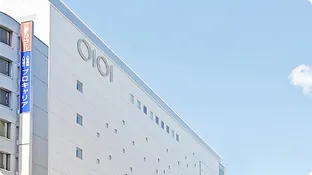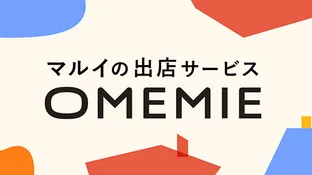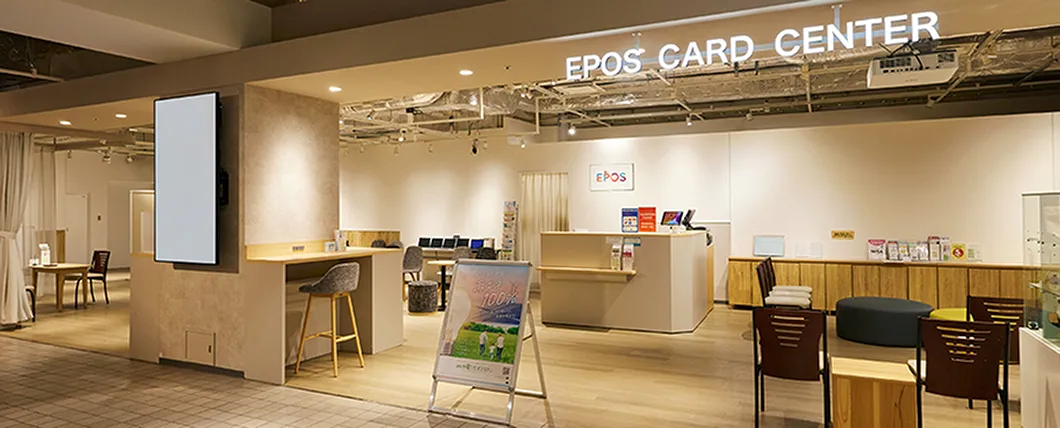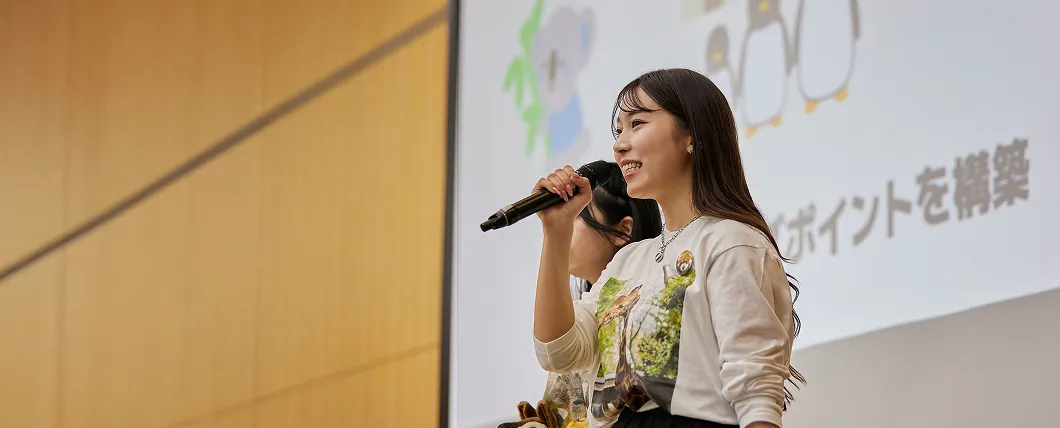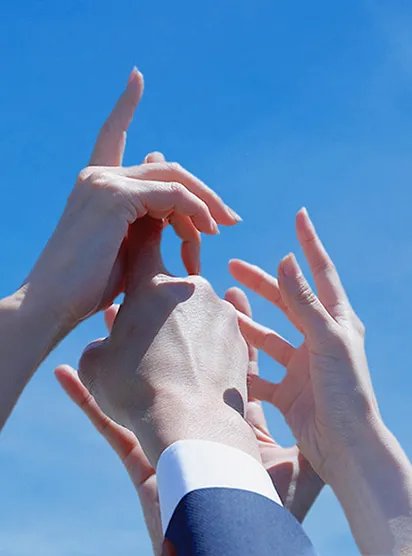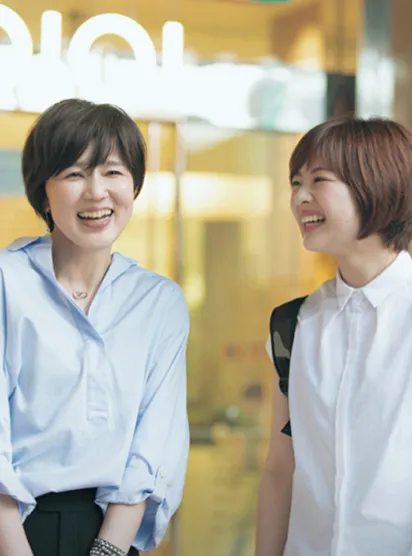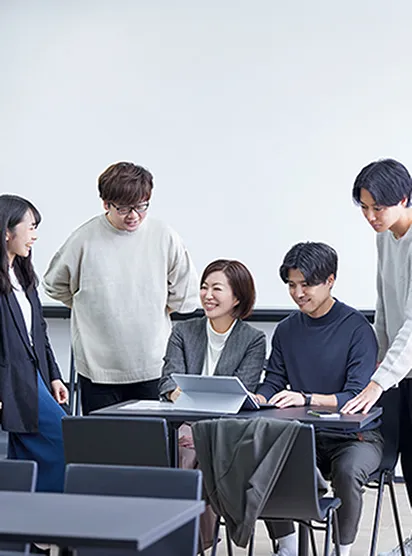
Retail
Retail
Growing businesses that support interests through a range of customer touchpoints
MARUI GROUP has opened 22 Marui and Modi stores across Japan, mostly in the Tokyo Metropolitan Area and other large metropolitan areas.
We support individual customers’ interests by introducing tenants and hosting events to suit changes in customers’ consumption patterns and values. Support is also provided through unique products our e-commerce offering.
Business overview
Creating stores that support interests
MARUI GROUP has sought to create value that is unique to physical retail facilities by following the conventional model of mainly offering apparel tenants, while also pursuing innovation by offering stores that do not sell goods. We have achieved this balance by introducing tenants whose main focus is to offer experiences rather than sell products, as well as non-retail tenants such as food, drink and service providers.
In order to create opportunities to support customers’ interests, in recent years we have hosted a wide range of events, supporting our customers’ interests in food, cosmetics, animations, artists and VTubers. This has given our customers reasons to visit our facilities, and created new experiences for them.
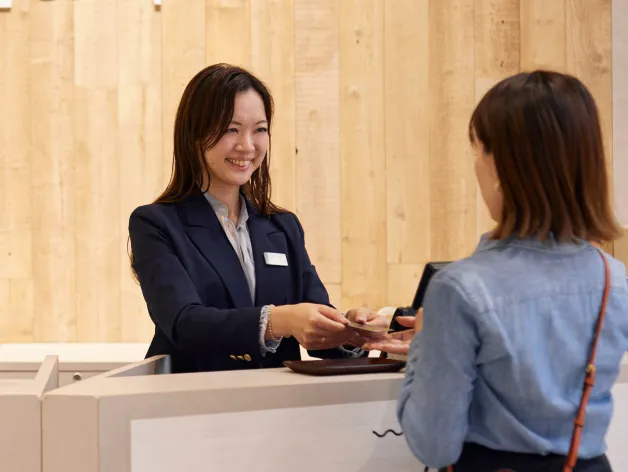
In addition to conventional sales of merchandise, we will expand experience-based events that combine exhibitions with live performances.
OMEMIE is a store-opening support service that makes it easy for users to complete all processes online, from searching for available store space at Marui and Modi stores across Japan, to making inquiries and concluding contracts. This allows us to attract tenants in categories that support interests, as well as create spaces capable of supporting interests across the entire facility.
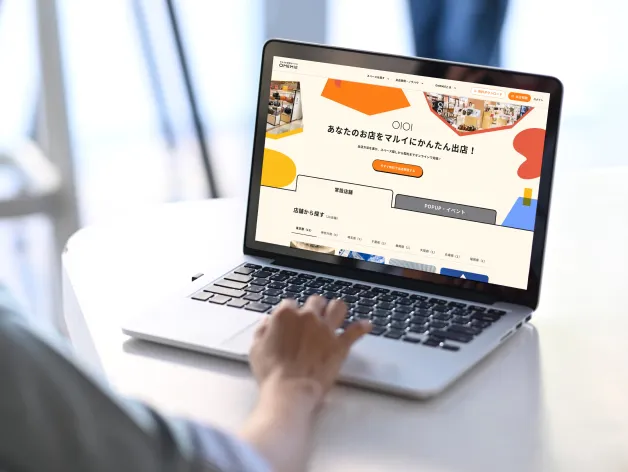
Future direction
MARUI GROUP’s retail personnel have cultivated know-how through their involvement in planning directly produced sales floors and manufacturing private brands. They will utilize this knowhow to develop events businesses and goods businesses that support interests and contribute to growth in the number of EPOS cardholders so as to achieve social impacts and generating earnings.
Integrated model of events, goods, and credit card businesses
MARUI GROUP has accumulated retail know-how by developing directly produced sales floors and private brands.
The know-how we have built up over many years includes the customer service skills needed to support customers, which we have accumulated in directly produced sales floors, as well as the product planning and procurement capabilities that we have accumulated in private brands. We have also acquired event operation capabilities through sales activities and largescale events, and cardholder recruitment capabilities, which allow us to casually introduce the benefits of our cards to potential cardholders.

Equipped with these strengths, our retail personnel will offer highly satisfying experiences focused on interests and goods that meet customers’ needs as an “interests-supporting unit”.
At the same time, introducing customers to our credit cards will lead to growth in the number of cardholders and help us to develop business that concentrates the know-how that MARUI GROUP has built up over many years in a way that befits our Group.

Events and goods that support interests
Interests-supporting events have a strong ability to attract visitors, who travel to these events from across Japan.
Until now, “new autonomously run units” have hosted events with a focus on Marui and Modi stores. However, we will now focus our attention on actively expanding externally by hosting events that are integrated with goods and credit card businesses under the leadership of “interests-supporting units”.
Under this plan, we will set up permanent events in large cities with no Marui or Modi stores, as well as time-limited events in regional cities where EPOS has a lower market share. In this way, we will accelerate nationwide development and create new customer touchpoints.
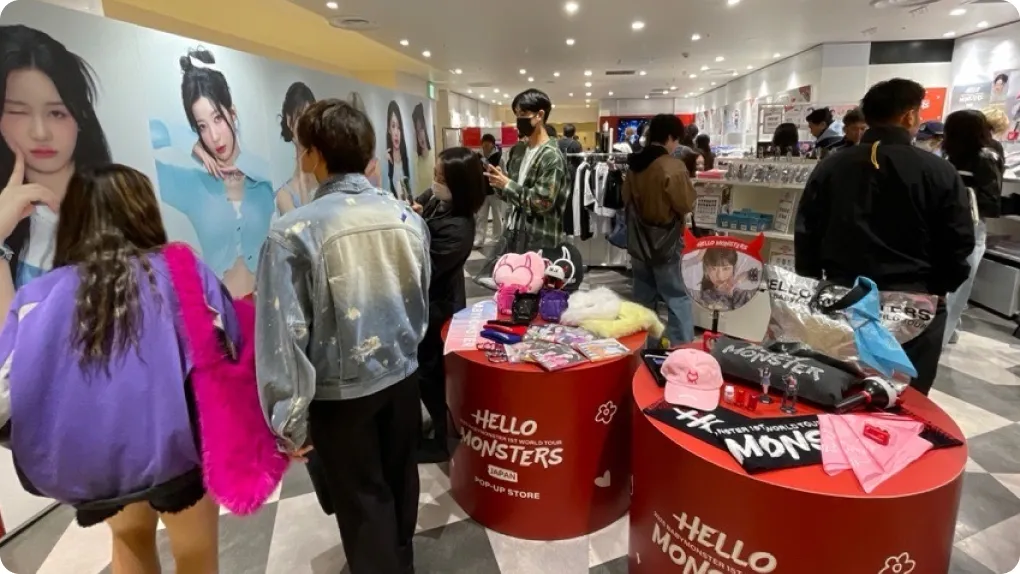
2025 BABYMONSTER 1st WORLD TOUR IN JAPAN POP-UP STORE
(Nagoya: Central Park)
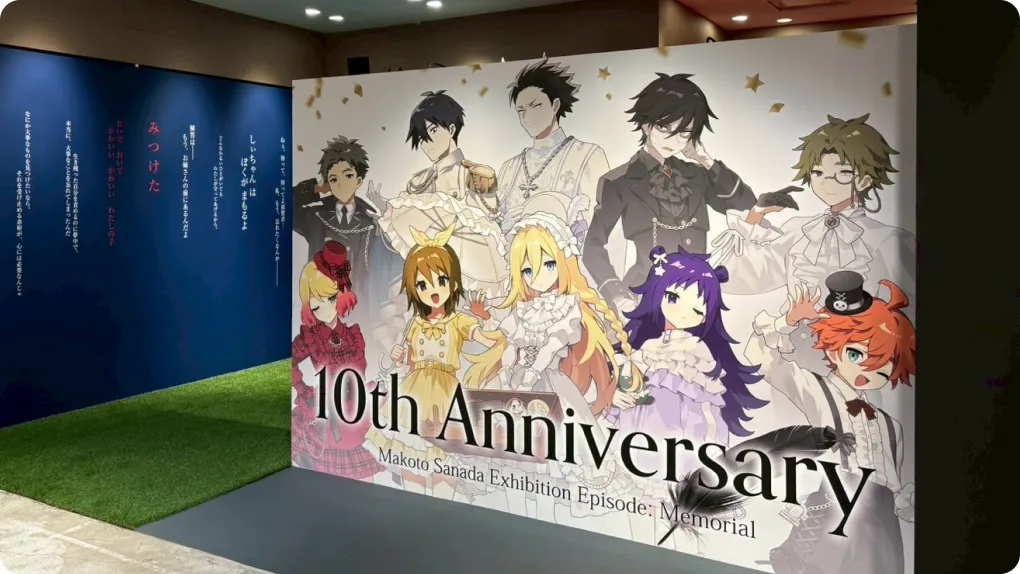
“Angels of Death”: 10th Anniversary Makoto Sanada - Episode. Memorial – (Yurakucho Marui)
In the past we have carried out commissioned sales of goods manufactured by other companies. However, at events that support interests in this way we will now participate in goods business and manufacture our own goods in-house. By allowing employees who are fans of the content to get involved in everything from planning our company’s products, as well as procurement and operations, we will be able to develop original products to match their worldview and for which there are strong needs.
Making use of e-commerce in addition to physical stores will facilitate efficient sales by allowing us to carry out order-based sales without holding excess inventory, contributing to improved turnover.
Being able to refer customers to e-commerce websites after store events have finished will facilitate purchases by customers who were unable to make purchases at the store, or who were unable to attend the event. This will also prevent lost purchasing opportunities among customers outside marketing areas.

“Purgatorium no Yoru/Destrudo no Shisha POP UP SHOP in OIOI”
(Shinjuku Marui Annex)
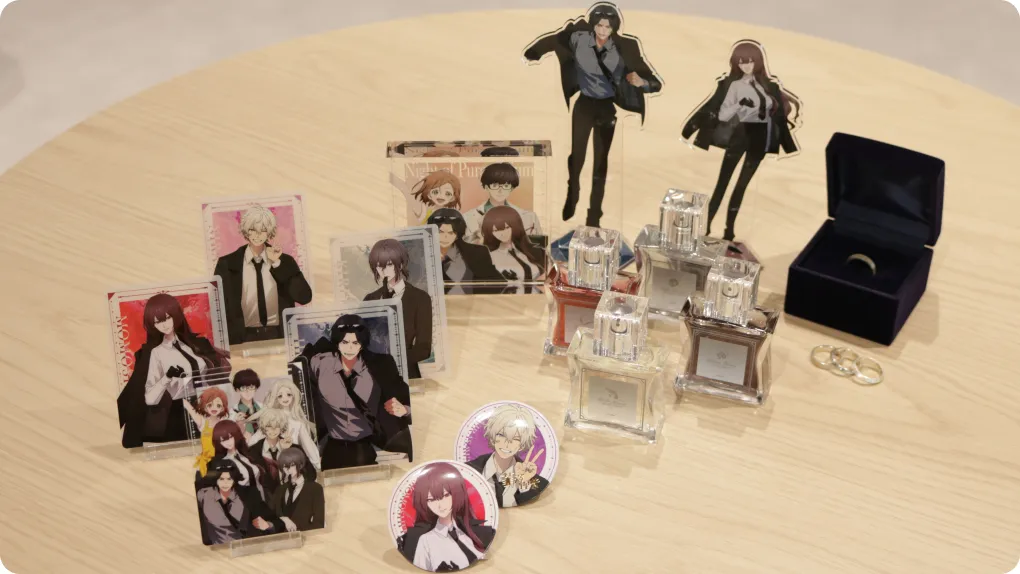
In-house produced goods
Group companies
-

MARUI CO., LTD.
Operates 22 Marui and Modi stores across Japan and operates web channel, an e-commerce website.
-

AIM CREATE CO., LTD.
Designs and builds commercial facilities and facilities to attract customers, and plans, promotes, advertises and operations these facilities.
-

MOVING CO., LTD.
Handles e-commerce logistics and provides facility logistics services at commercial facilities.
-

MARUI FACILITIES Co., Ltd.
Operates and manages security, facilities and cleaning, etc. for Marui stores and other commercial facilities around Japan.
-

M & C SYSTEMS CO., LTD.
Handles systems development, management, operation and infrastructure-building for MARUI GROUP.
-
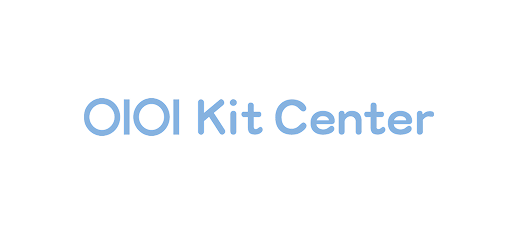
MARUI KIT CENTER CO., LTD.
A special subsidiary established to promote the employment of people with disabilities, it handles product inspections and other tasks.
-

Muture Corporation
Promotes digital transformations through user interface and user experience design. and support for agile organization-building.
-

marui unite Co., Ltd
Promotes product development as an organization that specializes in digital customer touchpoints.
